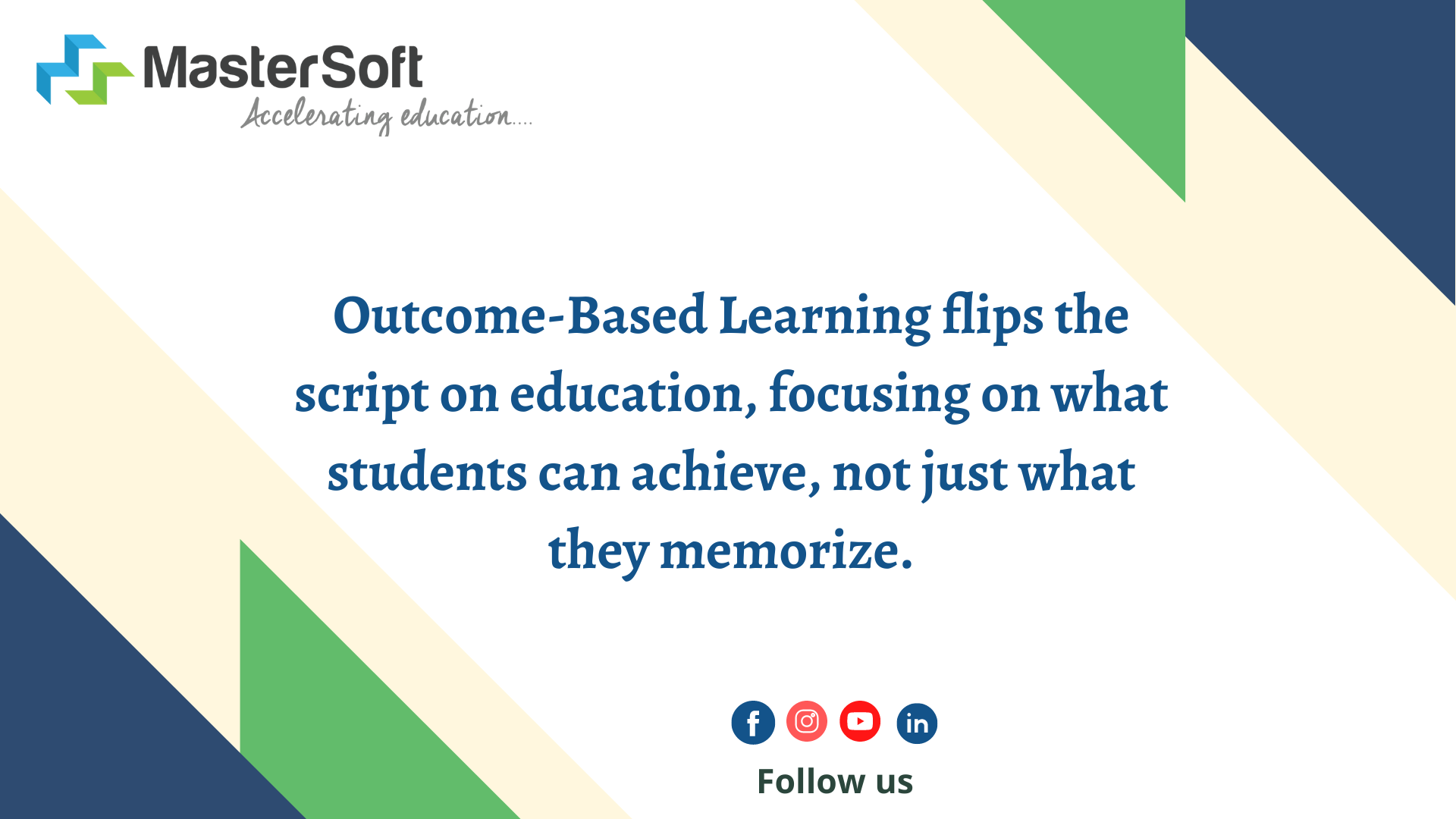In the ever-evolving landscape of education, the concept of Outcome-Based Education (OBE) has emerged as a guiding principle, shaping the way we define and measure success in learning. By shifting the focus from inputs to outcomes, OBE emphasizes the attainment of specific learning objectives and desired results. Let’s embark on a journey to explore the fundamentals of Outcome-Based Education and discover how it can pave the way for educational success.
Understanding Outcome-Based Education
At its core, Outcome-Based Education is an educational approach that prioritizes the identification of desired learning outcomes and aligns teaching and assessment practices to achieve those outcomes. Unlike traditional education models that emphasize inputs such as time spent in class or curriculum coverage, OBE focuses on measurable results and student mastery of essential skills and knowledge.
Key Principles of Outcome-Based Education
Outcome-Based Education is guided by several key principles that underpin its philosophy and implementation. These principles include clarity of learning outcomes, alignment of teaching methods and assessment strategies, continuous improvement through feedback and reflection, and a focus on learner-centered approaches that promote student engagement and autonomy.
Benefits of Outcome-Based Education
Embracing Outcome-Based Education offers a multitude of benefits for learners, educators, and educational institutions. By clearly defining learning outcomes and aligning teaching practices with these outcomes, OBE promotes greater transparency, accountability, and effectiveness in education. Additionally, OBE fosters a culture of continuous improvement, where educators adapt and refine their teaching methods based on student feedback and assessment data.
Implementing Outcome-Based Education
Successfully implementing Outcome-Based Education requires careful planning, collaboration, and commitment from all stakeholders. Educators must engage in a process of curriculum mapping, where they identify the desired learning outcomes for each course or program and design instructional activities and assessments that align with these outcomes. Moreover, ongoing assessment and feedback mechanisms are essential to monitor student progress and ensure that learning objectives are being met.
Assessing Learning Outcomes
Assessment plays a central role in Outcome-Based Education, serving as a means to measure student progress and achievement of learning outcomes. Assessment methods should be authentic, varied, and aligned with the intended learning outcomes, providing students with opportunities to demonstrate their knowledge, skills, and competencies in meaningful ways.
Real-World Applications of Outcome-Based Education
To illustrate the practical applications of Outcome-Based Education, let’s explore a few real-world examples across different educational contexts. From K-12 schools to higher education institutions and professional training programs, OBE has been successfully implemented to enhance learning outcomes and prepare students for success in various fields.
Challenges and Considerations
While Outcome-Based Education offers numerous benefits, it also presents challenges and considerations that educators must address. These may include resistance to change, the need for professional development and training, the complexity of aligning assessment practices with learning outcomes, and ensuring equity and inclusivity in educational practices.
Conclusion
As we navigate the complexities of modern education, Outcome-Based Education serves as a beacon of clarity and purpose, guiding us towards educational success. By prioritizing measurable outcomes, learner-centered approaches, and continuous improvement, OBE empowers educators to cultivate environments where all students can thrive and reach their full potential. Embrace the principles of Outcome-Based Education and embark on a transformative journey towards educational excellence.





